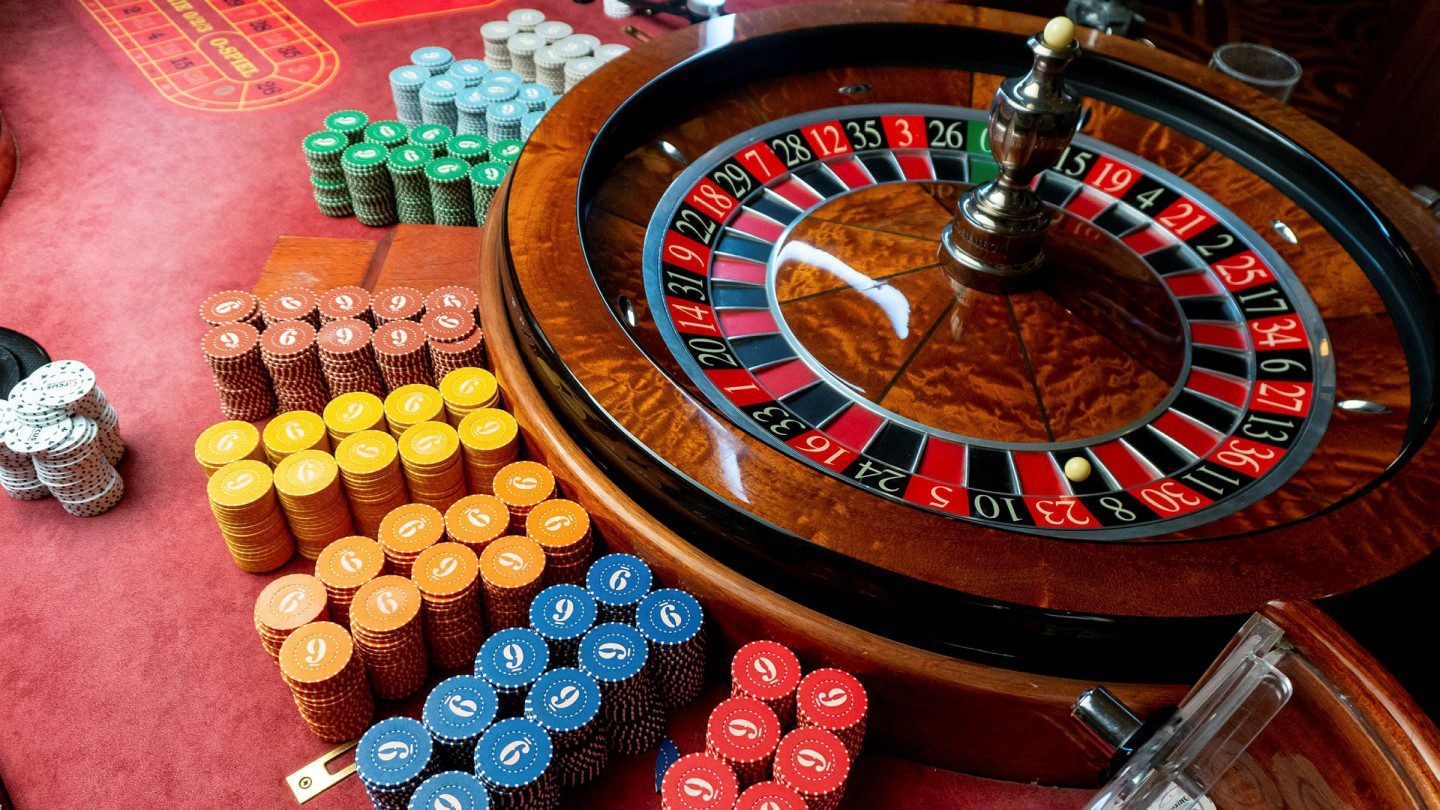
When we think of casino games, the initial images that frequently come to mind are those of rotating wheel wheels, card tokens clattering on fabric tables, and cubes rolling across a betting area. While numerous view these games as mere hobbies fueled by luck, a more profound exploration reveals a captivating blend of tactics, skill, and community engagement that raises them well beyond basic chance. Regardless of whether you are a experienced player or a curious newcomer, grasping the subtleties of these games can greatly enhance your enjoyment and understanding.
Casino games have developed over centuries, with various cultures contributing to their rich histories and variations. From the intricate strategies of 21 to the bluffing tactics in poker, players engage in a battle of intellect as much as a gamble on numbers. This exciting interplay between chance and expertise creates a thrilling atmosphere that draws millions to casinos worldwide. As we explore the realm of table activities, we will uncover the strategies that can shift the odds in your advantage and the community elements that make these activities a favored choice for entertainment and engagement.
A Strategy of Casino Gaming
Casino gaming often involve a blend of skill and luck, making them intriguing for participants who like a challenge. Every title has their own set of guidelines and tactics that can influence the results. For example, in games like blackjack, participants are obliged to use tactics like card counting and understanding the odds to make informed decisions. This expertise can significantly improve the winning potential, distinguishing experienced participants from novices who may depend entirely on chance.
In contrast, games such as the roulette may appear to be entirely based on luck, but strategic thinking can also play into the equation. Players can select between various betting tactics, such as the Martingale strategy, in which they increase the bets after losses. This approach can create a more controlled way to the game. Grasping the odds of specific wagers can also assist participants make smarter decisions on the roulette table, showcasing that even games of luck, strategy can enhance the experience.
Additionally, poker stands out as a title that strongly focuses on strategy. Unlike most casino games, poker combines skill, psychology, and luck. Participants must also focus on the cards they are given but also take into account their opponents actions and wagering patterns. Mastering principles like table position, the odds of the pot, and interpreting bluffs is crucial for success. This depth of tactics in poker often leads to a more immersive encounter for participants, as the decisions and skills greatly affect the game’s outcome.
Comprehending Chance and Odds
In the domain of gambling matches, likelihood and odds have a vital role in deciding a player’s possible consequences. Every activity has its own set of guidelines that dictate how the probability of succeeding or failing is calculated. For instance, in matches like blackjack, players have a opportunity to influence their odds through planning, whereas in games like the wheel, the outcomes are exclusively governed by luck. Understanding how these probabilities are measured can significantly affect how a gambler approaches the match.
Ratios are typically expressed in two formats: fractional and decimal. Ratio ratios indicate the proportion of the sum won to the amount staked, whereas numeric odds show the total payout for a winning bet, including the initial bet. For example, if a game has ratios of 5 to 1, this implies that for every one dollar staked, a gambler could gain five units if they win. Knowing how to interpret these ratios allows players to assess their possible winnings and make more wise decisions during play. 78win
Players should also be aware of the casino advantage, which is the casino’s built-in advantage over the gamblers. Each game has a distinct advantage, and understanding this concept is important for handling one’s hopes and budget. Activities with a reduced advantage, such as blackjack and baccarat, typically offer better ratios for gamblers compared to activities like slots and keno. By understanding the relationship between chance, odds, and the casino advantage, gamblers can improve their gambling experience and plan more efficiently.
The Social Aspect of Casino Table Games
Casino games at casinos are often seen as a center of social interaction, bringing players together in a collective experience that goes far past the mere act of playing games. The atmosphere at a blackjack table can be electric, with gamblers engaging not only with the game itself but also with one another. Trang chủ 78win Laughter, cheers, and, sometimes, playful teasing create connections that enhance the overall enjoyment of the gaming experience. This communal aspect can turn a alone endeavor into a dynamic gathering, making casino games particularly appealing.
One of the fascinating elements of gaming at tables is the way it fosters camaraderie among participants. Whether it’s teaming up to defeat the dealer at a dice table or exchanging tales between hands in a card game, the environment encourages interaction. Participants often share advice or strategies, creating a sense of community that boosts the fun. This interpersonal atmosphere can make new players feel welcomed and less intimidated by the competitive nature of gaming. As the game continues, friendships may form, leading to a sense of belonging that keeps players coming back to the table.
Moreover, the social aspect of table gaming extends beyond just the participants. Casino staff play a crucial role in encouraging interaction and maintaining the flow of the game. Their ability to engage gamblers with warm dialogue and their expertise in managing the table can create an welcoming atmosphere. This connection between players and dealers adds another layer of enjoyment, where players feel bonded not only to one another but also to the staff. Such interactions are often what make the experience unforgettable, as players leave with stories to tell and relationships made, reinforcing the notion that gaming at tables are truly about more than just chance.
